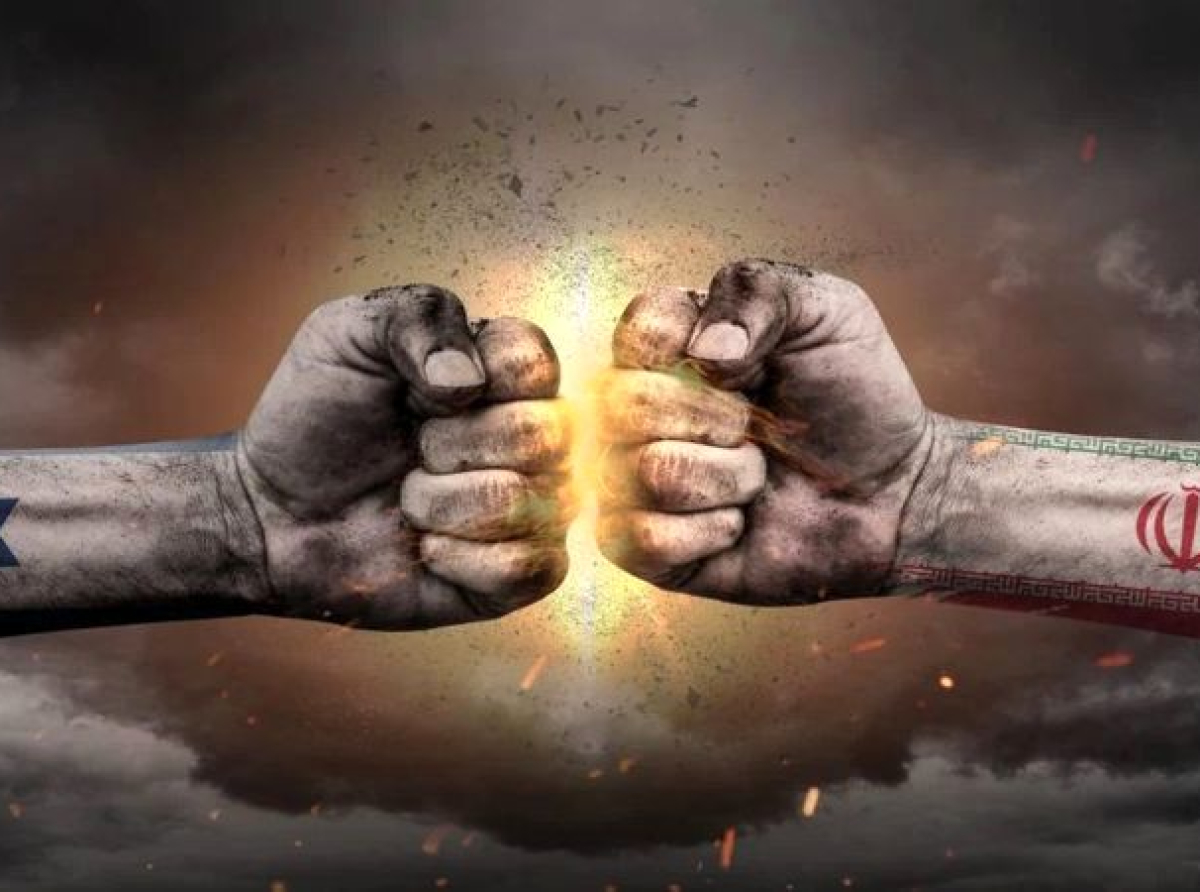First, we offer our condolences for the martyrdom of our compatriots, regardless of whether they were generals, scientists, or ordinary citizens. Israel attacked several residential areas to assassinate several military and scientific figures and also killed Iranian civilians. How naive are those who think that Israel has nothing to do with the Iranian people and is only pursuing specific goals; in Gaza, they said the same thing and claimed that they were only trying to eliminate Hamas leaders and forces, but in reality they killed tens of thousands of defenseless children, women and men. The Zionists do not adhere to any human, moral, international or legal principles, to any principles! In a televised address, Israeli Prime Minister Benjamin Netanyahu said the strike was aimed at "contradicting Iran's threat to Israel's survival" by targeting Iran's nuclear program, which the Iranian government claims is peaceful. Some have speculated that Israel may also be seeking to overthrow the Iranian government. The Israeli strikes were praised by some Iranian opposition groups as well as by Trump, who called on Iran to immediately comply with the nuclear deal. Russia, China and several countries in the Middle East condemned the Israeli strikes. The European Union, along with key European countries, condemned Iran as a destabilizing force, stressed that Iran must never obtain a nuclear weapon, calling it an "existential threat" and calling on both sides, Israel and Iran, to de-escalate tensions.
Although Iran and Israel have long had a proxy conflict, 2024 marked the first time that the two had openly and directly attacked each other. On 12 Farvardin 1403, an Israeli airstrike on the Iranian consulate in Damascus killed several Iranian officers. In response, Iran attacked Israel in Farvardin 1403, and Israel retaliated against Iran that same month. In Tīr 1403, Israel assassinated Hamas leader Ismail Haniyeh in Tehran. In Mehr 1403, Iran attacked Israel, and Israel attacked Iran.
At the beginning of Israel's attack on Iran, Israeli Prime Minister Benjamin Netanyahu enthusiastically announced in the early hours of the battle that Israel was determined to achieve a set of major goals in Iran, including destroying Iran's nuclear program, weakening its ballistic missile system, and redrawing the Middle East, which is linked to regime change in Iran as one of the consequences of the war.
srael was forced to stop the war after failing to achieve its strategic goals—whether to destroy Iran’s nuclear program or bring about regime change in Iran. This fact further questions the concept of “deterrence” in the minds of Israeli decision-makers. The analysis of this part of the Iran-Israel war shows that Tel Aviv’s acceptance of the ceasefire was not only due to diplomatic pressure, but also to unexpected developments on the ground that forced Israel to retreat. Not only Iran managed to contain Israel’s initial strike, but it also took the initiative to launch missiles within the first 24 hours, targeting Tel Aviv and other cities with waves of precision missiles. This response demonstrated the military’s confidence and showed that Iran was prepared for a long-term, attrition war, a war that Israel’s capacity to withstand was limited. Tehran has not yet used some of its deterrent tools and has reserved them for possible future confrontations, especially in a situation where hostility towards Israel has deepened and intensified after this attack; a serious challenge to Iran's national security, historical identity, and regional aspirations.
Translator: Faeghe EB

 En
En  Fa
Fa 